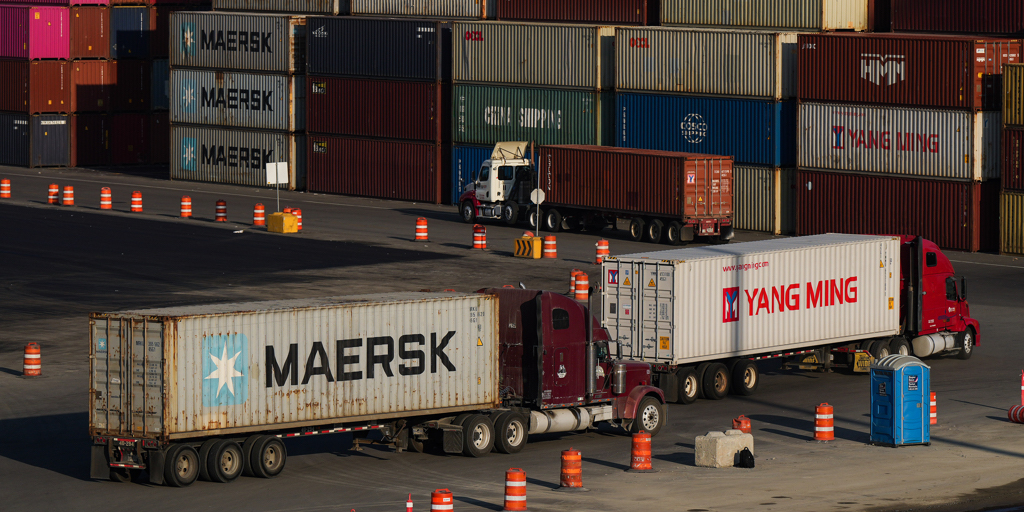Decarbonizing Road Freight: Navigating the Transition to Zero-Emission Vehicles
Key Ideas
- The federal government in Canada is soliciting input on regulations to phase out gas- and diesel-fueled fleets in favor of zero-emission commercial road freight.
- There is a push towards a 'poly-fuel' future with different fuels used in different vehicles, emphasizing the importance of low-carbon fuels and electrification.
- The government has mandated a reduction in carbon intensity for gas and diesel, investments in clean fuel production, and a sales target requiring automakers to sell zero- or near-zero-emission vehicles.
- Modeling suggests that despite progress, more ambitious measures are needed to achieve emission reduction targets and move towards carbon-neutral transportation by 2050.
The automotive industry is undergoing a significant transformation as the federal government in Canada seeks input on regulations to support the transition to zero-emission commercial road freight. Stakeholders are discussing the role of low-carbon fuels like biodiesel, renewable diesel, and renewable natural gas in decarbonizing delivery fleets. While there is recognition that no single fuel will entirely replace diesel in buses and trucks, a 'poly-fuel' future is envisioned where different fuels are used for different vehicles. Electrification is seen as the pathway for emission reductions in vans and some trucks, while biofuels serve as an interim solution until electric models are widely adopted.
The government's clean fuel regulations aim to reduce the carbon intensity of gas and diesel while incentivizing the development of clean fuels like hydrogen and biofuels. However, challenges such as supply limitations and operational issues hinder the full potential of these fuels. A sales mandate requiring automakers to sell zero- or near-zero-emission vehicles is in place, but additional measures are needed to accelerate the transition to clean and sustainable transportation.
Modeling suggests that emission-free vehicles will only represent a portion of new sales by 2050, falling short of the targets for carbon neutrality. Market forces may reduce the demand for cleaner fuels as more electric vehicles enter the market. The importance of low-carbon fuels in the transition to sustainable transportation is emphasized, as they provide incremental reductions in greenhouse gases, although widespread electrification is crucial for substantial emission reductions. To achieve the goal of net-zero greenhouse gases by 2050, a rapid transition to zero-emission vehicles must occur, underscoring the need for ambitious climate action.
Topics
Automotive / Trucking
Sustainability
Carbon Emissions
Automotive Industry
Government Policy
Transportation Sector
Clean Fuel Regulations
Latest News
